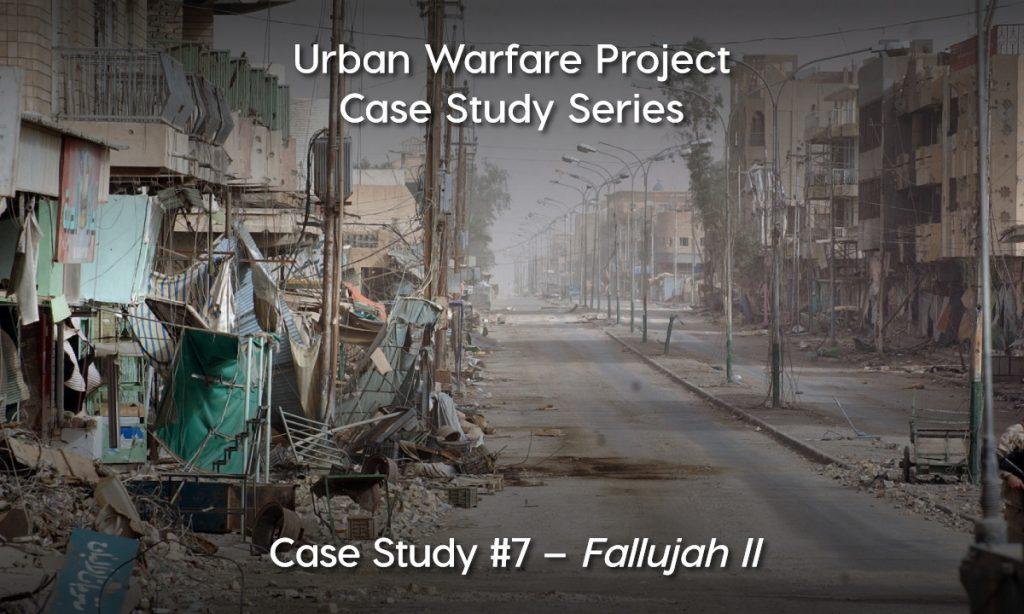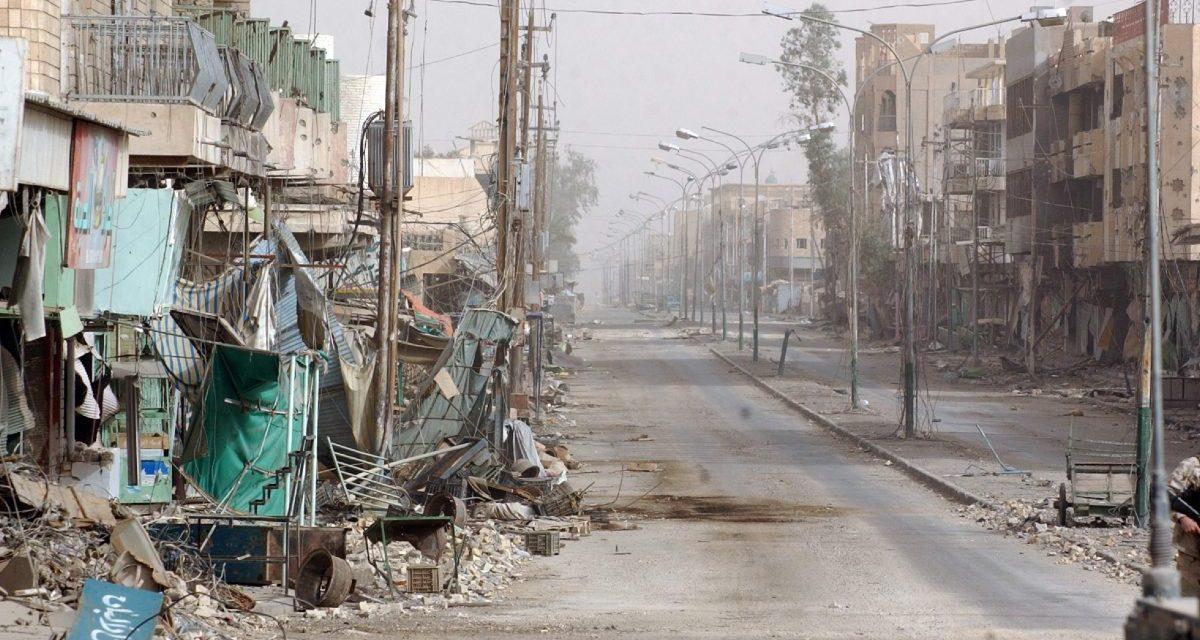On the evening of November 7, 2004, a small task force entered the city of Fallujah. Composed of a US Marine reconnaissance company, a Marine infantry company, a US Army mechanized infantry company, and an Iraqi commando battalion, the task force quickly secured a hospital and two nearby bridges spanning the Euphrates River. It was the beginning of the Second Battle of Fallujah, and they were joined in the operation against insurgents in the city by 13,500 American and British troops and 2,000 Iraqi security forces.
Coming just six months after the First Battle of Fallujah had been prematurely terminated, coalition forces managed to secure the city remarkably quickly. It took just nine days of heavy fighting, with several additional weeks to fully clear the city afterward. The planning and conduct of the operation reflected several of the lessons from the first battle earlier in the year. The second battle also provides unique insights into key factors that contribute to success in urban warfare—including the importance of extensive and cooperative planning, the effective use of intelligence in advance of the fighting, and the necessity of integrating information campaigns into military operational planning.

The seventh installment of the Urban Warfare Project Case Study Series describes the Second Battle of Fallujah in rich detail, extracting the lessons that it offers from the strategic to the tactical level. Read the case study here, and be sure to watch the Urban Warfare Project for future case studies and leading analysis of the unique challenges posed by urban warfare.
John Spencer is chair of urban warfare studies at the Modern War Institute, codirector of MWI’s Urban Warfare Project, and host of the Urban Warfare Project Podcast. He served twenty-five years as an infantry soldier, which included two combat tours in Iraq. He is the author of the book Connected Soldiers: Life, Leadership, and Social Connections in Modern War and coauthor of Understanding Urban Warfare.
Major Jayson Geroux is an infantry officer with The Royal Canadian Regiment and is currently with the Canadian Army Doctrine and Training Centre. He has been a fervent student of and has been involved in urban operations training for two decades. He is an equally passionate military historian and has participated in, planned, executed, and intensively instructed on urban operations and urban warfare history for the past nine years. He has served twenty-eight years in the Canadian Armed Forces, which included operational tours to the former Yugoslavia (Bosnia-Herzegovina) and Afghanistan.
Liam Collins, PhD was the founding director of the Modern War Institute at West Point and a Fellow at New America. He is a retired Special Forces colonel with deployments to Iraq, Afghanistan, Bosnia, the Horn of Africa, and South America, with multiple combat operations in Fallujah in 2004. He is coauthor of Understanding Urban Warfare.
The views expressed are those of the authors and do not reflect the official position of the United States Military Academy, Department of the Army, or Department of Defense, or that of any organization with which the authors are affiliated, including the Canadian Army Doctrine and Training Centre, the Canadian Armed Forces and the Canadian Department of National Defence.


I love thèse case studies, but maps with operational graphics would be a huge improvement.